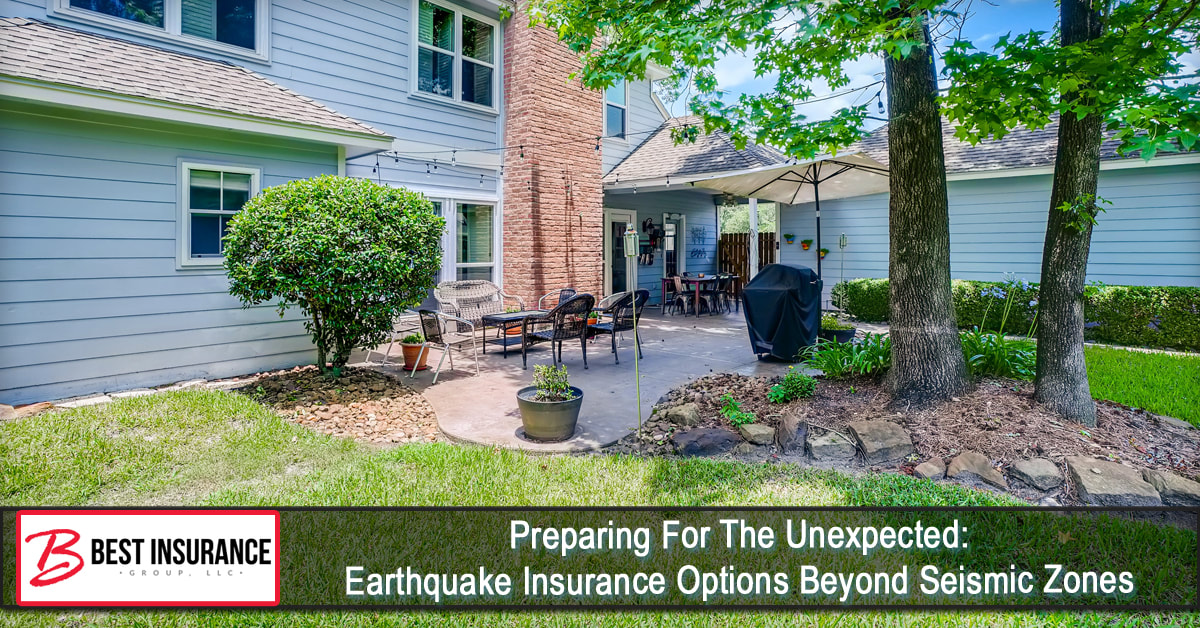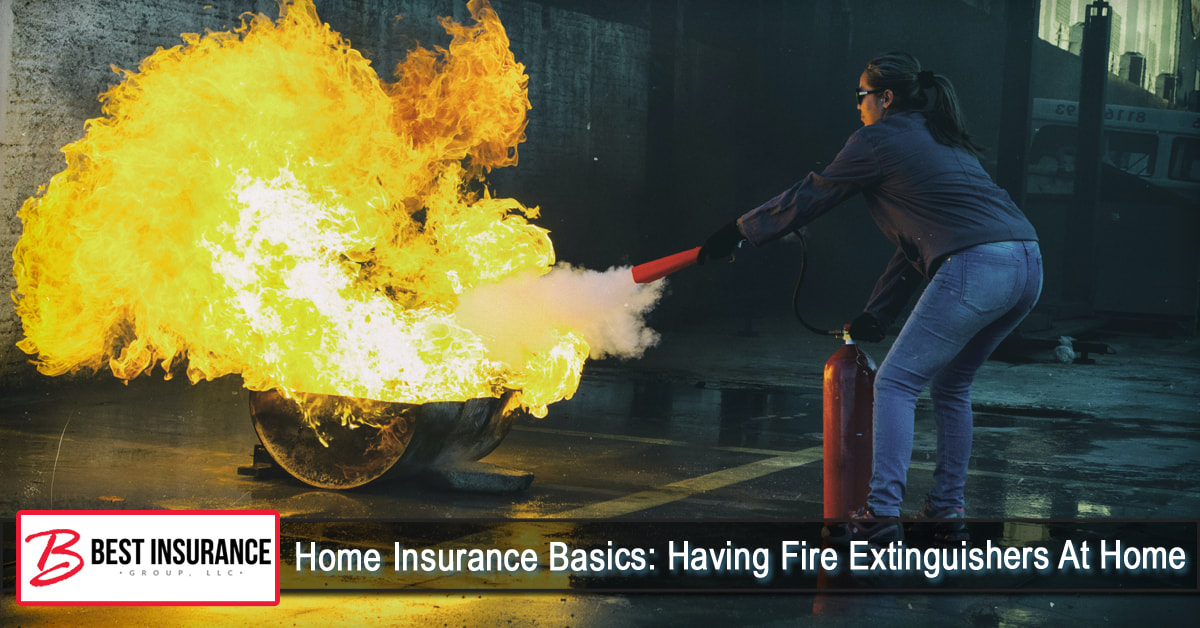Best Insurance Group, LLC Blog |
|
Biophilic design is an innovative approach to architecture and interior design that seeks to connect building occupants more closely with nature. This design philosophy is rooted in the concept of biophilia, which suggests that humans have an inherent affinity for the natural world. By incorporating natural elements into indoor spaces, biophilic design aims to enhance well-being, reduce stress, and improve overall quality of life. This article explores the principles of biophilic design and offers practical tips for integrating nature into your home.
0 Comments
There's an undeniable allure to the idea of hidden passageways and secret rooms within homes. These clandestine spaces evoke a sense of mystery and adventure, making homeowners feel like they're living in their very own spy novel or fairy tale. In this article, we'll delve into the fascination of hidden features in homes, explore their potential uses, and consider their implications for home insurance.
When it comes to insuring your home, most people think about traditional houses, condominiums, or apartments. However, there's a growing trend in home construction that goes beneath the surface—underground homes. These unique and eco-friendly dwellings offer a range of benefits, but they also come with their own set of insurance considerations. In this blog post, we'll delve into what you need to know about underground home insurance.
Gardening is a beloved hobby for many, but limited space can be a barrier for urban dwellers or those with small yards. Enter vertical gardening, a creative and space-saving solution that allows you to cultivate lush greenery even in the tightest spaces. In this blog, we'll explore the world of vertical gardening, from its benefits and techniques to its aesthetic appeal, and touch on how it can relate to home insurance.
When we think of earthquake-prone areas, regions along major fault lines like California often come to mind. However, earthquakes can occur in unexpected places, including non-seismic zones. While the risk may be lower, it's still essential to understand the potential threats and consider whether earthquake insurance is a wise investment for your home. In this blog, we'll explore the concept of home insurance for earthquakes in non-seismic zones, helping you assess whether it's necessary and how it can provide added protection for your property.
Homeowners insurance, commonly referred to as home insurance, is a crucial safeguard for homeowners. In many cases, mortgage companies require it as a condition for loans and real estate transactions. Likewise, landlords frequently demand that renters have renters' insurance. This insurance serves as a protective shield for your home and belongings, making it an indispensable requirement.
Owning a house is a major milestone and means you’ve made it financially. However, many new homeowners can get so caught up in the excitement of their new home that they fail to include one crucial detail: home insurance.
Your car and health aren’t the only things that need to be insured; your home does too. It’s not just another extra cost. And it’s worth noting that homes are a considerable investment. So, naturally, you have to protect that investment. It may protect you financially from structural damage. Also, it may cover valuable personal property and help give you peace of mind. Buying a home is always exciting, whether you're a first-time buyer or a seasoned owner. However, there are additional steps to take throughout the process that can be exhausting. Significant paperwork, negotiations, home inspections, payments, taxes, and mortgage concepts will all be clarified.
It might be enticing to acquire a homeowners insurance plan right away since purchasing a home comes with several costs. While no law requires home insurance, lenders usually require it before agreeing to cover your purchase. Here's why you should get homeowners insurance before applying for a mortgage. While being within the comfort of one’s home is enjoyable, there are those times when we must leave our homes due to business trips, vacations, and the like, varying from short- to long-term trips. During these trips, one may wonder how safe their home is, even when left alone.
Your home should be protected from and prepared for household fires. If you have fire extinguishers in every accessible corner of your home, you have made a wise decision, as this can help you quickly.
In choosing fire extinguishers for your home, familiarization is critical to ensure that you are using them right. Here is a brief discussion on everything there is to know about having fire extinguishers at home. |
Contact Us(970) 674-5000 Archives
June 2024
Categories
All
|
We are licensed in Colorado, Arizona, Texas, Wyoming, and Nebraska.
Navigation |
Connect With UsShare This Page |
Contact Us |
Location |











 RSS Feed
RSS Feed